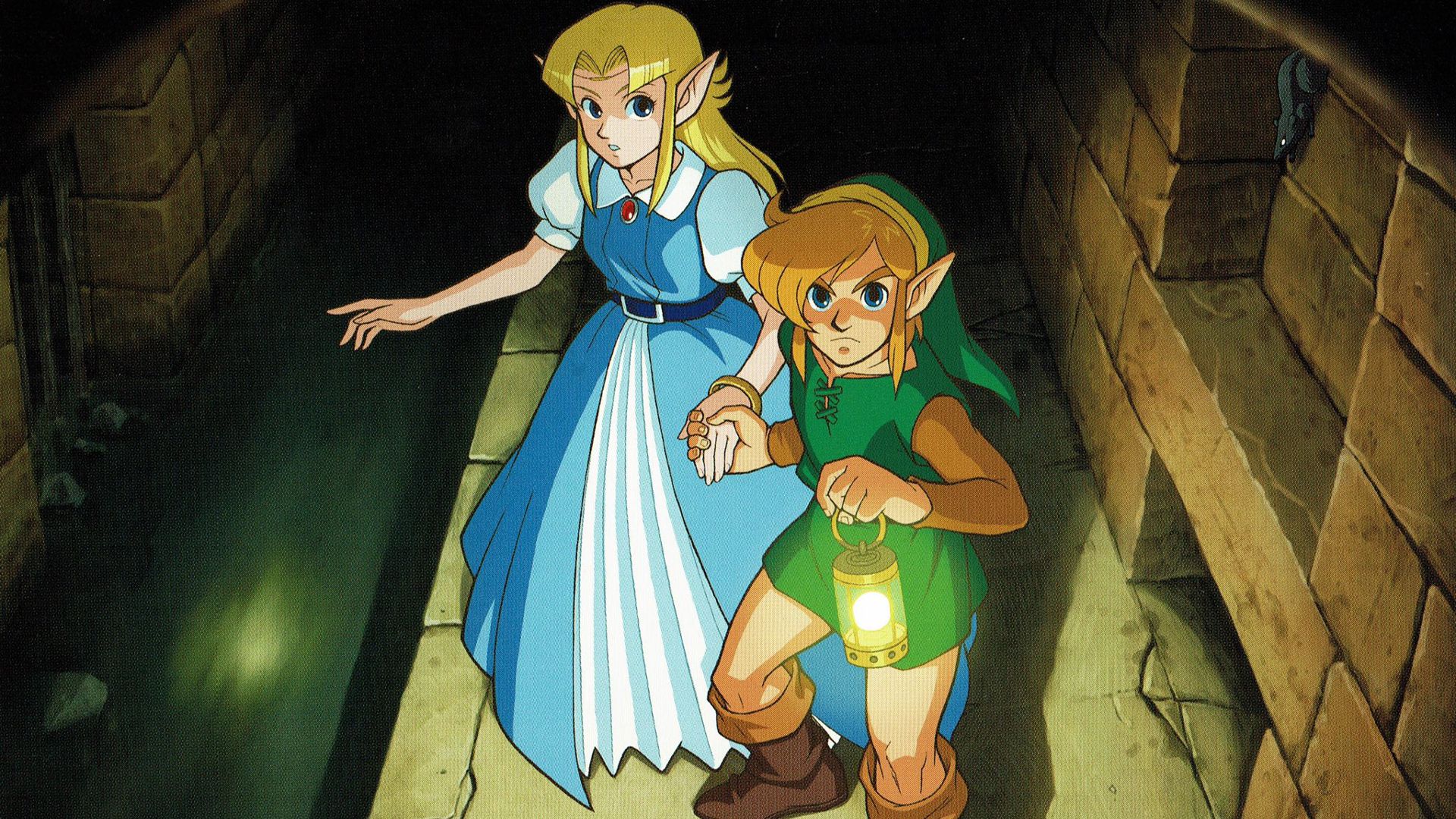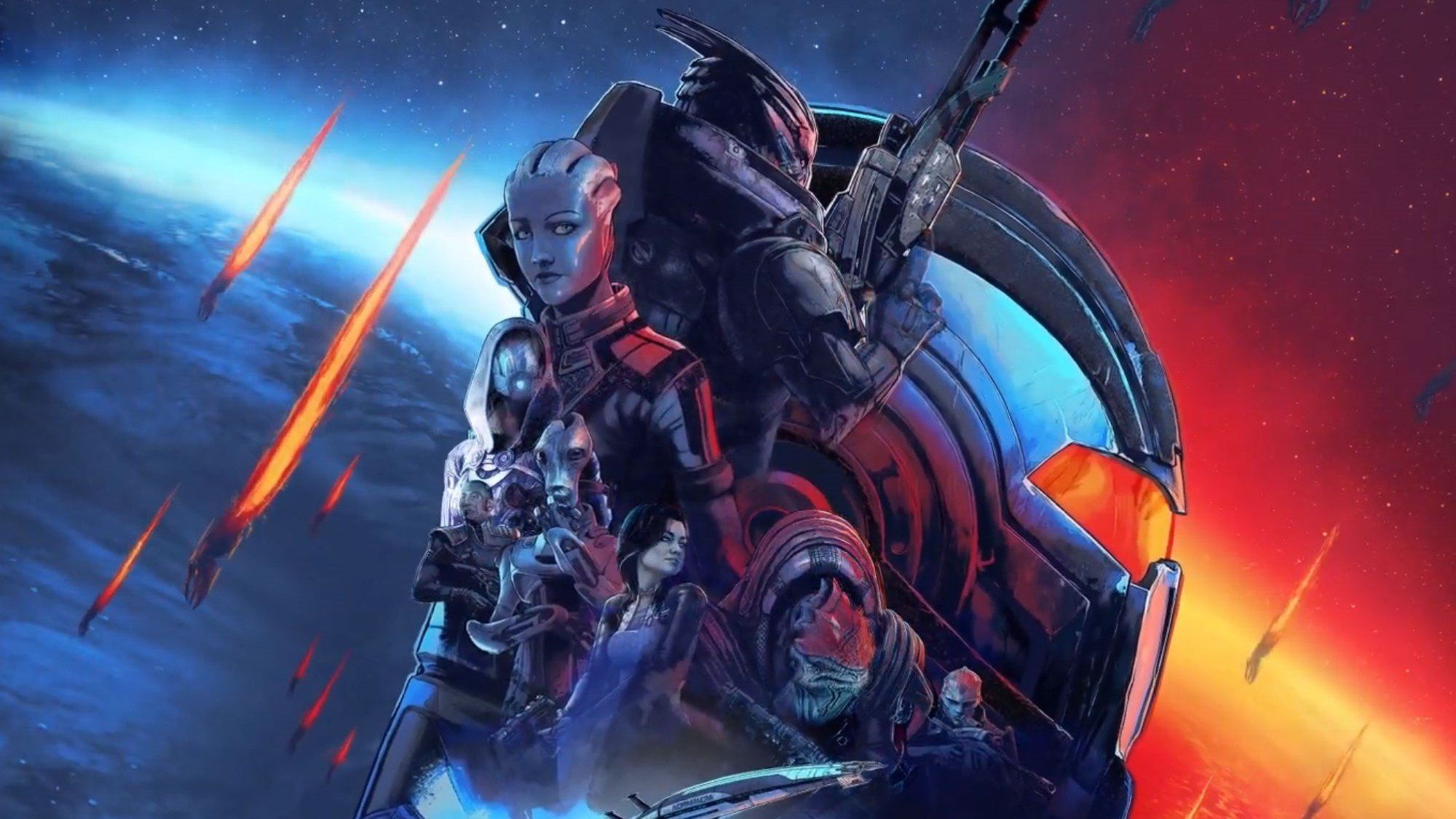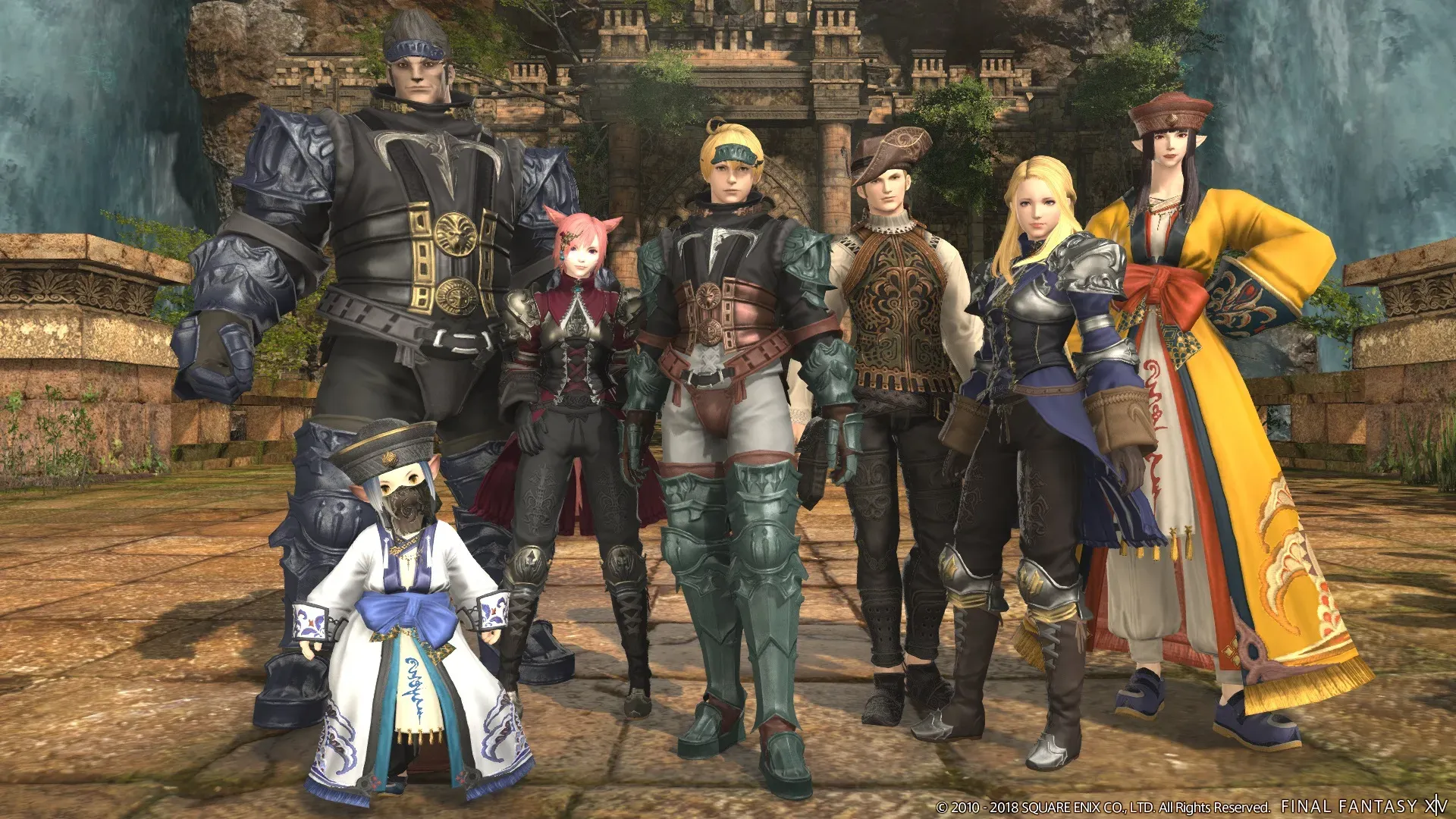Classic vs. Modern RPGs: A Journey Through Time
A whirlwind journey through an epic genre

In video games, few genres have left as indelible a mark as Role-Playing Games, or RPGs. These interactive adventures have enthralled gamers for decades, offering immersive narratives, complex character development, and the freedom to shape their destinies within digital worlds. As advanced users and enthusiasts, you understand that RPGs are not just games; they're epic journeys, captivating stories, and a testament to the boundless creativity of game developers.
In this story, we embark on a high-level tour of RPG history, delving into their evolution through time. Our quest takes us on a compelling journey that spans classic RPGs, revered for their nostalgic charm and foundational influence, to modern RPGs, celebrated for their cutting-edge graphics and intricate gameplay mechanics.
The objective of this journey? To uncover the essence of what makes RPGs timeless, to understand how they've evolved and adapted to the ever-changing gaming landscape, and to provide you, our advanced readers, with a deeper appreciation for these digital realms of adventure.
So, ready your inventory, hone your skills, and prepare to be transported to the enchanting worlds of RPGs, where heroes are forged, destinies are written, and unforgettable experiences await. Our adventure begins with a look at the golden age of classic RPGs, where pixelated sprites and 2D landscapes ignited players' imaginations worldwide.
The Golden Age of Classic RPGs
During the dawn of video gaming, as the pixelated landscapes of early consoles and personal computers began to take shape, a genre was born that would shape gaming history: Role-Playing Games (RPGs). It was an era marked by the clinking of swords, the casting of spells, and the exploration of fantastical realms, and it was in this age that classic RPGs found their home.
The Pioneering Titles: Classic RPGs, as featured on pcflashgamer.com, emerged in the late 1980s and 1990s. Games like Final Fantasy, Chrono Trigger, and The Legend of Zelda: A Link to the Past graced the screens of early gaming consoles and personal computers. While modest in graphics by today's standards, these titles were giants in storytelling and gameplay.

Pixelated Adventures: The hallmark of classic RPGs was their 2D pixel art visuals. These charming, pixelated landscapes, painstakingly crafted, transported players to worlds filled with knights, dragons, and epic quests. The limited graphical capabilities of the time gave rise to the creativity of developers who had to convey rich narratives and emotions through simple sprites and tilesets.
Turn-Based Strategy: Classic RPGs were often characterized by turn-based combat systems. Players carefully strategized each move in battles, selecting attacks, spells, and items with precision. The emphasis was on tactics and thoughtful decision-making, making combat a cerebral affair rather than a reflex-driven one.
Epic Storytelling: The storytelling in classic RPGs was akin to that of epic novels. These games featured intricate narratives with memorable characters, plots, and moral dilemmas. Players were drawn into captivating worlds where their choices had consequences and the hero's journey was central to the experience.
Timeless Soundtracks: Classic RPGs were not only defined by their gameplay but also by their enchanting soundtracks. Composers like Nobuo Uematsu, Yasunori Mitsuda, and Koji Kondo crafted melodies that are cherished today. These iconic tunes are still hummed by gamers who fondly remember the emotional impact of the music.
As advanced users, you appreciate the foundation laid by classic RPGs. These early gems shaped the RPG genre and influenced the broader gaming landscape. They showcased the power of storytelling, the importance of character development, and the enduring appeal of pixel art.
In the next section, we will explore the evolution of RPGs into the modern era, where technological advancements and changing player preferences have given rise to a new breed of RPGs. We will see how the essence of classic RPGs continues to influence and enrich the RPG experiences of today's gamers.
The Evolution of Modern RPGs
As we journey forward in our exploration of RPGs, we find ourselves in the midst of a new era: the age of modern RPGs. The landscape has changed dramatically since the days of classic RPGs, and these contemporary adventures have evolved in ways that continue to captivate and challenge advanced gamers.
3D Realms and Immersive Worlds: One of the most noticeable transformations in modern RPGs is the shift from 2D pixel art to immersive 3D environments. Titles like The Elder Scrolls V: Skyrim and The Witcher 3: Wild Hunt boast sprawling open worlds, where players can lose themselves in breathtaking landscapes and meticulously designed cities. The transition to 3D has allowed for unprecedented exploration and realism.
Real-Time Combat: Modern RPGs often favor real-time combat systems, where players must think on their feet and react swiftly to enemy attacks. Games like Dark Souls and Bloodborne challenge gamers with punishing difficulty and require precise timing and strategy in combat. This evolution has brought an element of action and adrenaline to the genre.
Moral Ambiguity and Choices: Classic RPGs were known for their moral choices, but modern RPGs take this to new heights. Games like The Walking Dead by Telltale Games and the Mass Effect series by BioWare present players with morally ambiguous decisions that impact the story. These choices create complex narratives where there are no easy answers.

Voice Acting and Cinematic Experiences: The advent of powerful hardware has enabled modern RPGs to incorporate extensive voice acting and cinematic presentation. Characters now speak and emote, adding depth to storytelling. Games like Red Dead Redemption 2 and The Last of Us are acclaimed for their cinematic quality and emotional impact.
Open-World Exploration: Open-world RPGs have become a dominant sub-genre, offering vast landscapes with quests, secrets, and side activities. Players can choose their path, whether slaying dragons, becoming a master thief, or leading a rebellion. The Legend of Zelda: Breath of the Wild and Cyberpunk 2077 exemplify the allure of open-world exploration.
Customization and Character Progression: Modern RPGs strongly emphasize character customization and progression. Players can tailor their characters' skills, appearance, and abilities to suit their preferred playstyle. Games like Dark Souls and Skyrim empower players to craft unique heroes.
Online and Multiplayer Experiences: Online connectivity has brought RPGs into a shared, multiplayer realm. MMORPGs like World of Warcraft and Final Fantasy XIV enable thousands of players to inhabit the same virtual world, embarking on epic adventures together.
This is all possible because of super-fast internet technology that connects
servers all over the world, so that users can play multiplayer games with
their virtual friends as if they’re in the same room together. With Xfinity
internet, for example, you can get exceptional connectivity speeds, resulting
in lower lags in your gameplay.

While modern RPGs have embraced technology and innovation, they remain grounded in the storytelling and character development that made classic RPGs beloved. The essence of heroism, epic quests, and moral dilemmas remains, reminding us that even as RPGs evolve, their timeless appeal endures.
In the next section, we will delve deeper into the influence of classic RPGs on the modern RPG landscape, exploring how the foundations laid by the pioneers of the genre continue to shape and enrich the experiences of contemporary gamers.
Conclusion
In our journey through the realms of RPGs, we have traversed time itself, from the pixelated landscapes of classic RPGs to the immersive, 3D worlds of modern RPGs. Along this path, we have witnessed the evolution of a genre that has captured the hearts and minds of advanced gamers for decades.
As advanced users, you understand the significance of past and the present in shaping the RPG experiences we hold dear today. The golden age of classic RPGs laid the foundation, teaching us the power of storytelling, the art of character development, and the magic of pixelated worlds. These timeless lessons continue to resonate, proving that the classics endure even in an age of cutting-edge technology.
The modern era of RPGs, with its stunning visuals, real-time combat, moral complexity, and online connectivity, has pushed the boundaries of what RPGs can be. Yet, it has not abandoned the core principles that make RPGs unique—a hero's journey, epic quests, and choices that matter.
As we conclude this exploration, it is clear that the legacy of classic RPGs lives on in modern RPGs. The influence of these early pioneers is felt in every dialogue choice, every character arc, and every epic battle. The evolution of RPGs is a testament to the genre's enduring appeal and its ability to adapt and thrive in a rapidly changing gaming landscape.
So, whether you find yourself drawn to the nostalgia of classic RPGs on pcflashgamer.com or immersed in the latest epic on your console, remember that old and new RPGs offer a unique blend of storytelling, exploration, and character development. They invite us to become our tales' heroes and embark on adventures limited only by our imagination.
As RPG fans, you are the torchbearers of this rich RPG tradition. Carry it forward, and may your adventures be legendary.
